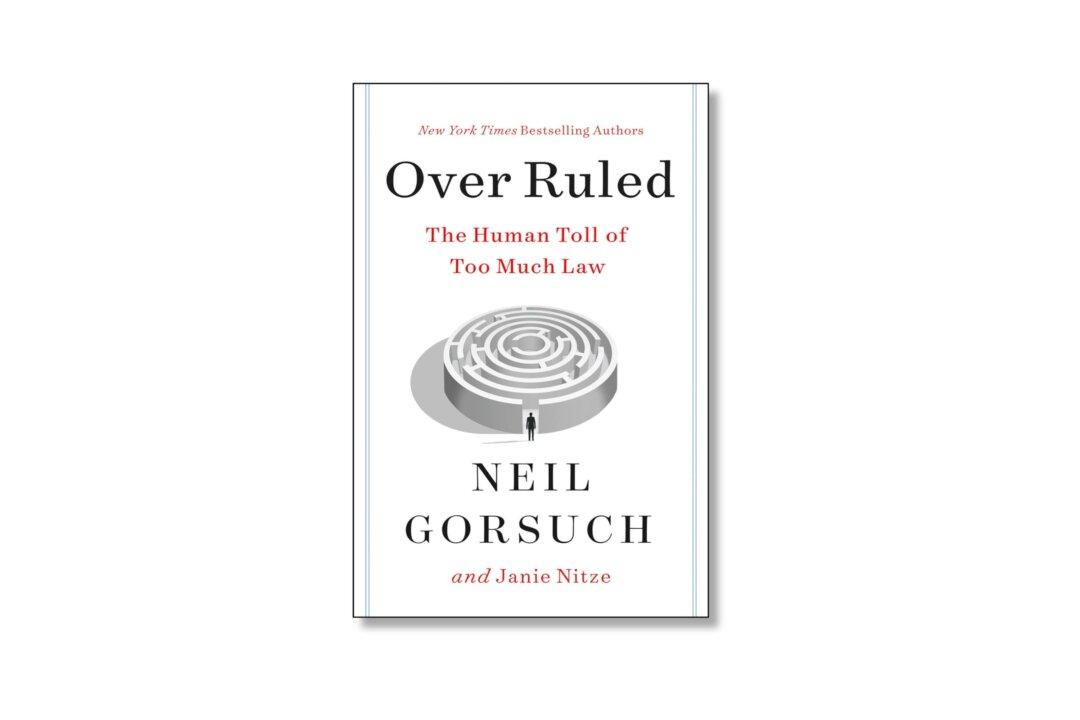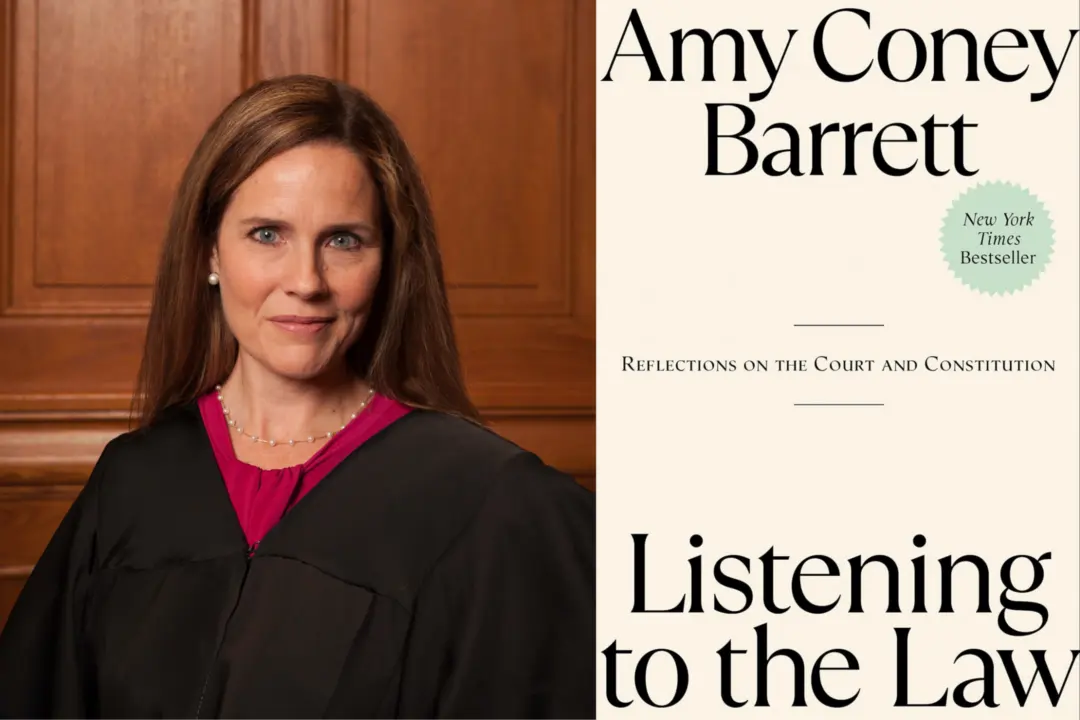“The worse the society, the more law there will be,” American legal scholar Grant Gilmore once said. “In hell there will be nothing but law.” It seems he was correct.
In his 2011 State of the Union address, then-President Barack Obama spoke of the growth of federal administrative agencies in recent years—and the difficulty any president faces in trying to oversee it all. The president observed that 12 different agencies dealt with exports and at least five were responsible for housing policy.





